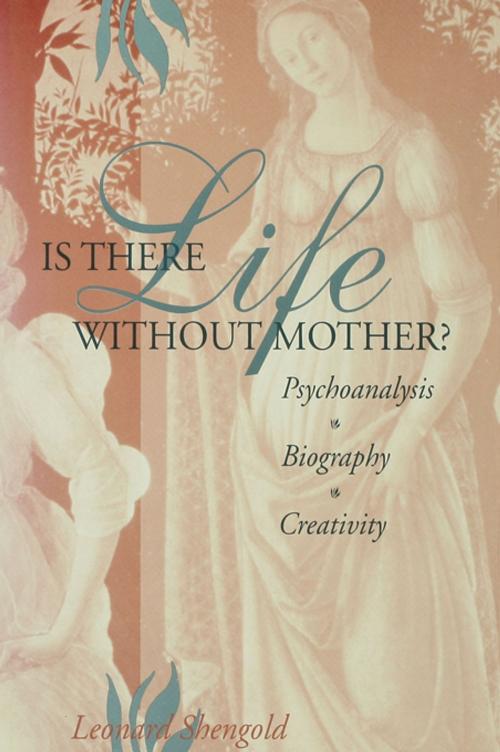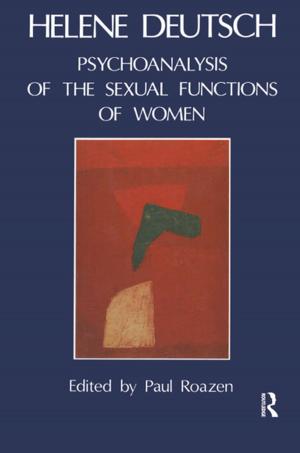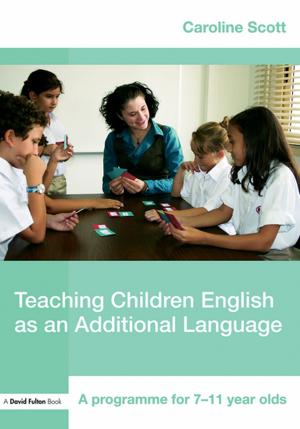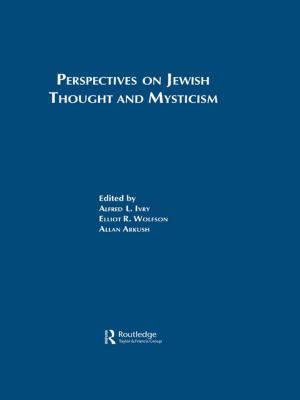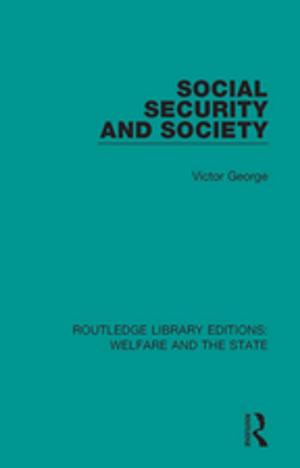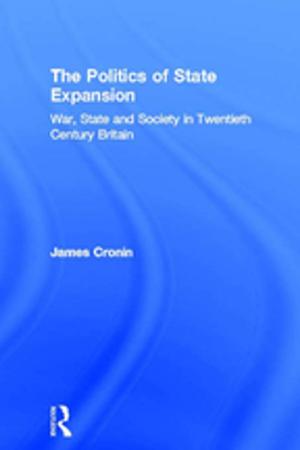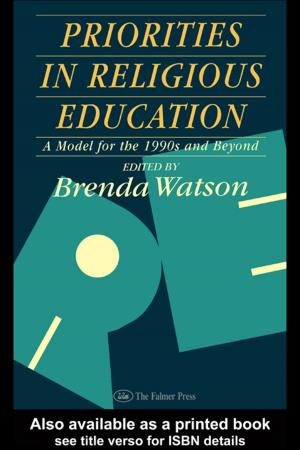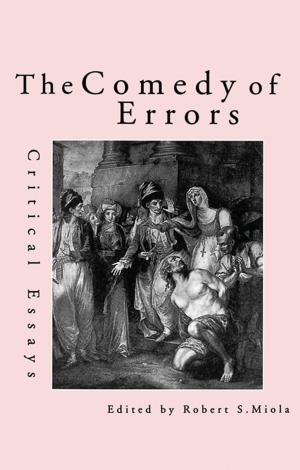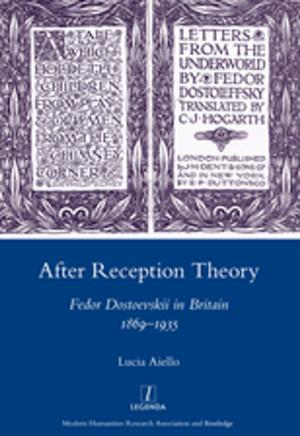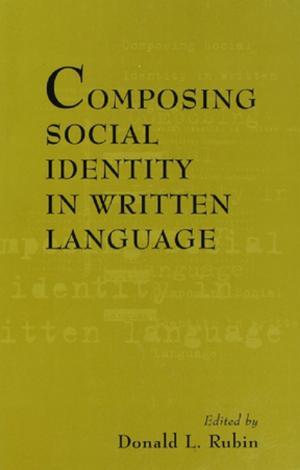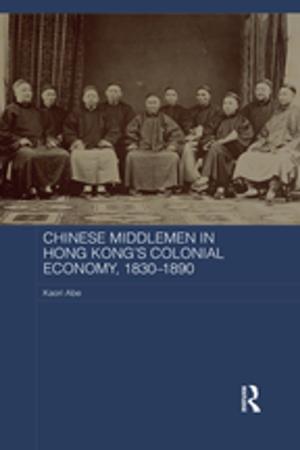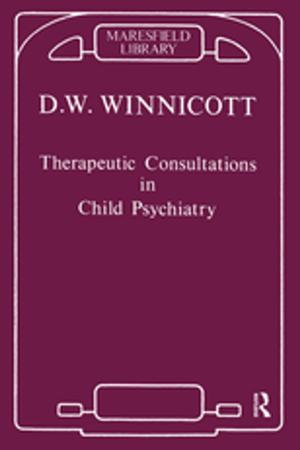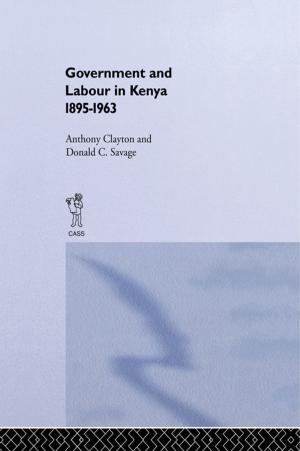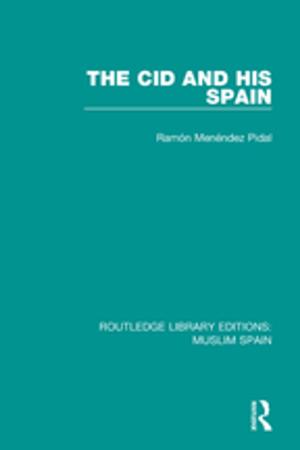Is There Life Without Mother?
Psychoanalysis, Biography, Creativity
Nonfiction, Health & Well Being, Psychology, Child & Adolescent, Adolescent Psychology, Child Development, Mental Health| Author: | Leonard Shengold | ISBN: | 9781134905454 |
| Publisher: | Taylor and Francis | Publication: | June 17, 2013 |
| Imprint: | Routledge | Language: | English |
| Author: | Leonard Shengold |
| ISBN: | 9781134905454 |
| Publisher: | Taylor and Francis |
| Publication: | June 17, 2013 |
| Imprint: | Routledge |
| Language: | English |
In this richly textured study of personal growth and creativity hemmed in by childhood disaster, Shengold compares the differing gifts and differing solutions of extraordinary talents as they seek to negotiate a universal longing to refind the mother without sliding back into neglect, abuse, and despair. In the foreground of his analysis are moving portraits of Jules Renard and Anthony Trollope and the densely packed traumatic legacy of their respective childhoods, the one limned in sustained psychological torture, the other framed by neglect and abandonment.
Long acknowledged as a master of the literary-biographic genre within psychoanalysis, Shengold does not view the study of creative individuals as the occasion to make pontifical pronouncements about the nature of creativity. Rather, he sees such study as affording the opportunity to borrow from genius, insofar as the gifted writer who is psychologically astute often captures the challenges of life and the nuances of suffering in language that "ordinary" patients would use, if only they could. By integrating literary analysis with biographical data, Shengold arrives at an appealingly direct, demystified approach to great literature as a vehicle for apprehending the intricacies of enduring psychological dilemmas. For the solutions of truly creative individuals not only reflect an artistic temperament wed to extraordinarily gifts; they illuminate the solutions we are all in search of.
Elegantly sparing in language and judicious in presenting source material, Is There Life Without Mother? is abundantly generous in the wealth of understanding it provides and the deeper reflection it provokes. From the subtleties of identification as a means of consolidating identity in the face of neglect to the return of the traumatic as a fate that even a writer's "literary revenge" cannot circumvent, this work takes the reader deeper into the wellsprings of personality change than that it is usually possible to go.
In this richly textured study of personal growth and creativity hemmed in by childhood disaster, Shengold compares the differing gifts and differing solutions of extraordinary talents as they seek to negotiate a universal longing to refind the mother without sliding back into neglect, abuse, and despair. In the foreground of his analysis are moving portraits of Jules Renard and Anthony Trollope and the densely packed traumatic legacy of their respective childhoods, the one limned in sustained psychological torture, the other framed by neglect and abandonment.
Long acknowledged as a master of the literary-biographic genre within psychoanalysis, Shengold does not view the study of creative individuals as the occasion to make pontifical pronouncements about the nature of creativity. Rather, he sees such study as affording the opportunity to borrow from genius, insofar as the gifted writer who is psychologically astute often captures the challenges of life and the nuances of suffering in language that "ordinary" patients would use, if only they could. By integrating literary analysis with biographical data, Shengold arrives at an appealingly direct, demystified approach to great literature as a vehicle for apprehending the intricacies of enduring psychological dilemmas. For the solutions of truly creative individuals not only reflect an artistic temperament wed to extraordinarily gifts; they illuminate the solutions we are all in search of.
Elegantly sparing in language and judicious in presenting source material, Is There Life Without Mother? is abundantly generous in the wealth of understanding it provides and the deeper reflection it provokes. From the subtleties of identification as a means of consolidating identity in the face of neglect to the return of the traumatic as a fate that even a writer's "literary revenge" cannot circumvent, this work takes the reader deeper into the wellsprings of personality change than that it is usually possible to go.
